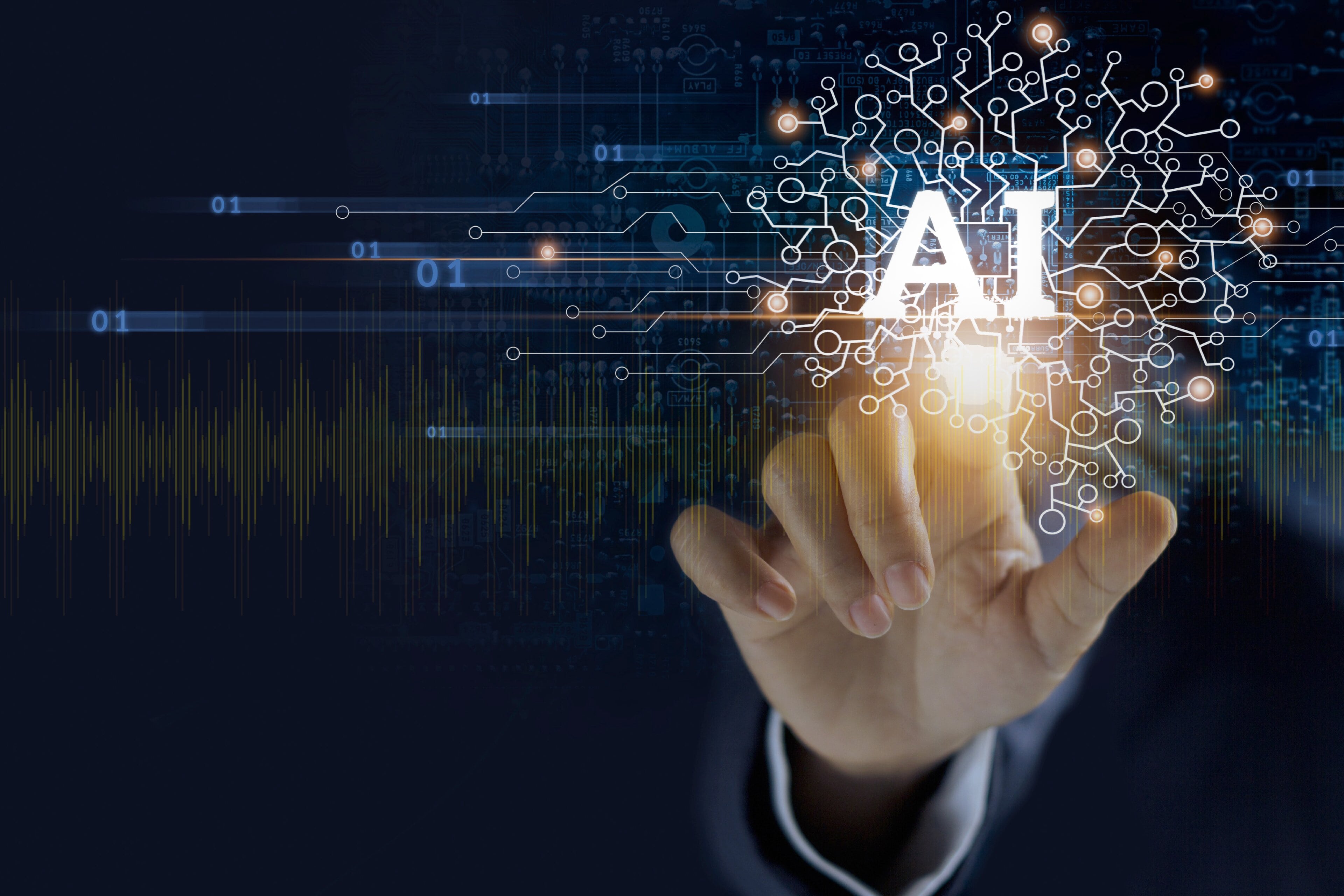
Artificial Intelligence (AI) has been making significant strides across various industries, and one area where its potential is truly transformative is healthcare. The integration of AI in healthcare is revolutionizing medical practices, enabling more accurate diagnoses, personalized treatments, and efficient patient care. In this blog, we will explore the remarkable role of AI in shaping the future of medicine.
AI for Medical Imaging: Pioneering Accurate Diagnoses
AI-powered medical imaging solutions have emerged as a game-changer in diagnostic medicine. From X-rays and MRIs to CT scans, AI algorithms can swiftly analyze vast amounts of imaging data to detect abnormalities and early signs of diseases. By reducing diagnostic errors and enhancing precision, AI not only saves valuable time but also enhances patient outcomes.
Personalized Treatment Plans: Leveraging AI's Predictive Insights
One of the most promising aspects of AI in healthcare is its ability to analyze patient data and develop personalized treatment plans. By assimilating patient history, genetic information, lifestyle choices, and environmental factors, AI algorithms can predict potential health risks and suggest tailored interventions, leading to better disease management and prevention.
Drug Discovery Accelerated: AI Revolutionizes Pharmaceutical Research
Traditionally, drug discovery has been a time-consuming and costly process. However, AI-driven simulations and predictive modeling have revolutionized this field. AI algorithms can analyze vast databases of molecular information to identify potential drug candidates, significantly expediting the drug development pipeline and bringing life-saving treatments to patients faster.
Enhancing Remote Patient Monitoring
AI-enabled wearable devices and remote monitoring tools are transforming patient care outside traditional healthcare settings. These technologies collect real-time health data, allowing healthcare providers to remotely monitor patients with chronic conditions, detect early warning signs, and intervene proactively, reducing hospital readmissions and improving overall patient well-being.
AI and Precision Medicine: A Paradigm Shift in Cancer Treatment
Precision medicine, which tailors treatment based on individual characteristics, has gained significant momentum with the support of AI. By analyzing genomic data and tumor characteristics, AI can assist oncologists in identifying the most effective treatments for cancer patients, increasing treatment success rates, and minimizing adverse effects.
Enhancing Administrative Efficiency
Beyond clinical applications, AI streamlines administrative tasks in healthcare facilities. AI-powered chatbots and virtual assistants can handle patient inquiries, schedule appointments, and manage paperwork, reducing the burden on healthcare staff and improving overall operational efficiency.
In conclusion, AI's profound impact on healthcare is evident in its ability to enhance diagnostics, enable personalized treatments, accelerate drug discovery, and improve patient monitoring. As AI technology continues to advance, it holds the promise of transforming the landscape of healthcare, making it more accessible, affordable, and efficient for patients and providers alike. Embracing AI in healthcare is not just an option but a necessity to shape a healthier and brighter future for humanity.


























